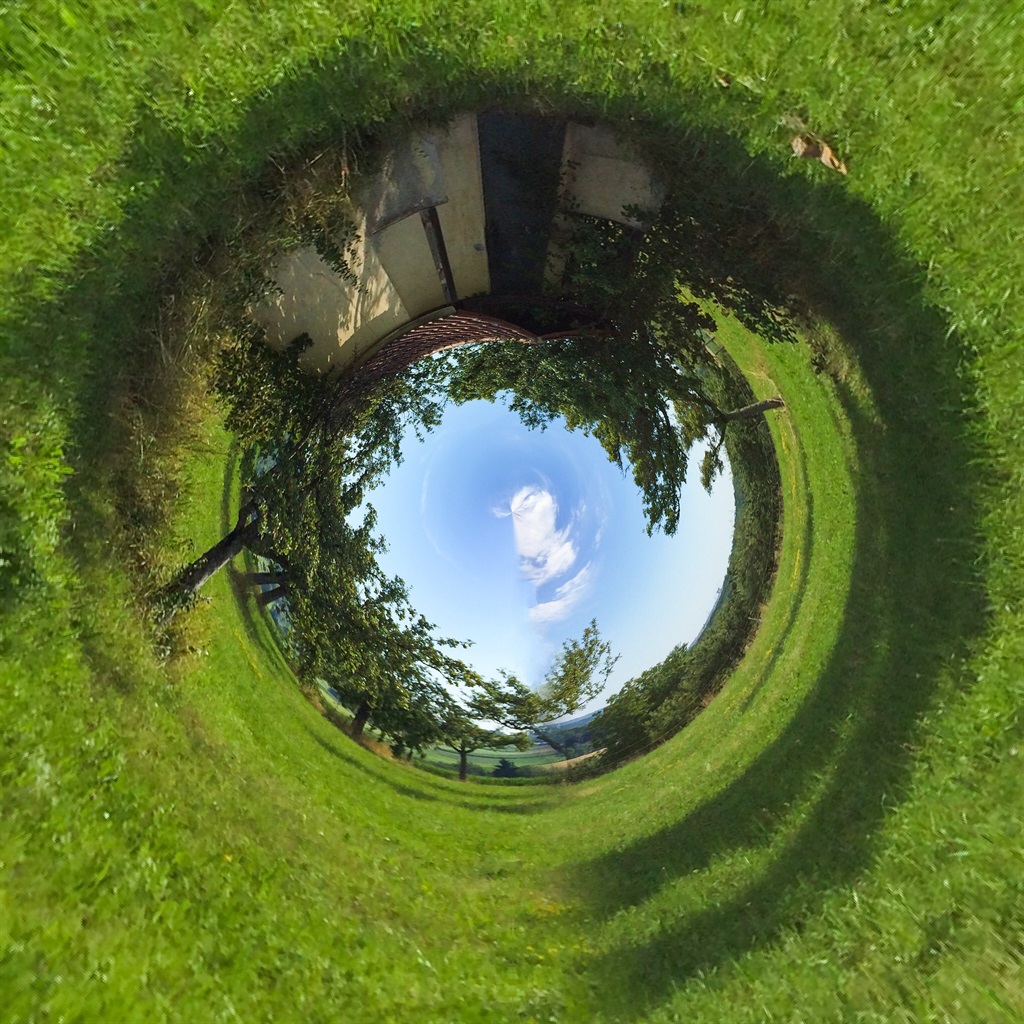
The land debate in South Africa is picking up momentum, and of course this is not unexpected. There are mainly two sides to the debate, both pulling in different directions.
The centrists and conservatives have joined forces in opposition of expropriation of land without compensation in any form, while the progressives and radical reformists are bent on land expropriation without compensation.
The lines are hardening as the reality dawns that this is no longer a political rhetoric, it is a looming certainty. And it is a looming crisis or opportunity, depending on which side of the debate we align with. The momentum has also forced global responses on governmental levels – first the Australians, then the Americans. British conservatives have weighed in. Hushed voices from the Germans suggest that the Germans would rather believe that land expropriation is mere rhetoric.
President Cyril Ramaphosa has resorted to penning a piece to the London’s Financial Times, in the effort to calm the global audience.
I would however like to take issues with the alarmist perspective peddled by conservative media and wannabe analysts. Of course there is a legitimate concern when white farmers watch and follow reports from the ubiquitous fake news and the enabling technologies in the form of social media. This fear of the unknown should not be dismissed as unfounded, given that most of these farmers have seen what expropriation of land can mean in reality, with Zimbabwe providing a clear empirical evidence. Also, most of these white farmers have no other skills outside farming, going back to four or five generations. This is not a trivial matter for them.
But the fear is exacerbated by right wing organisations and media which have maintained that South Africa is taking the Zimbabwe route, and that the expropriation of land without compensation is an imminent constitutional crisis – the end of property rights in South Africa, as we know it.
The Cato Institute, an American based think-tank, comes to mind. The think-tank warns that South Africa is on fast track to becoming another Zimbabwe. But this alarmist perspective is a shallow analysis, intellectual laziness which does not bother to examine the complex historicity of land in South Africa, and the fundamental differences between South Africa and Zimbabwe.
The same think-tank advises that the African Growth and Opportunity Act (Agoa), which allows preferential trade agreement with certain African countries (including South Africa), should be invoked and South Africa suspended if the constitutional amendment is carried forward. There is a serious problem with this proposal. It is akin to the structural adjustment programmes of the 1980s, which were camouflaged as innovative development proposals, but of course with serious consequences if these were not implemented.
The consequences for African countries which implemented them were even more brutal especially for the poor. The Agoa suspension threat betrays the “opportunity” label associated with the act. Even more importantly, it is less interested in finding meaningful solutions to the land question in South Africa.
Which is to mean, if land is not to be expropriated without compensation, what other alternatives exist? Do we maintain the status quo as the Cato Institute seems to suggest? What are the consequences of each scenario?
I do not suggest that there is only one way of dealing with land expropriation in South Africa. I am however concerned when a think-tank peddles the same fears being hawked by journalists most of whom are more interested in sound bites than real questions and answers which might not be as obvious. This is what intellectual tradition is about.
Let me point Cato to a more analytical direction. South Africa is not Zimbabwe on a critical area – the rule of law. The judicial system in South Africa is as independent as any developed country. This is a recourse even for citizens against their own government, unlike in (Mugabe’s) Zimbabwe.
Also, unlike South Africa, Zimbabwe’s land reform was essentially a revolt against the British. This was a political decision that was more punitive (to the colonialists) than developmental. There was no consultative process or any genuine search for solutions in Zimbabwe, unlike in South Africa.
Third, the most of global voices have a shallow understanding of race relations. One would expect an American think-tank to have a glimpse of race relations – except that in the United States they do not have a land dynamic, like in South Africa.
Anybody’s freedom of thought should of course be defended fiercely. But any argument which emerges from a think-tank should at the very least meet basic conditions of critical thought.
Instead of finding easy arguments, The Cato Institute will do well to learn from the Danish philosopher Søren Kierkegaard, who “out of genuine interest in those who make everything easy”, comprehended “that it was my task: to make difficulties everywhere”.
» Dr Jason Musyoka is a post-doctoral fellow based at the Human Economy Programme, University of Pretoria. His research theme is middle classes, regional and local economic development




 Publications
Publications
 Partners
Partners








